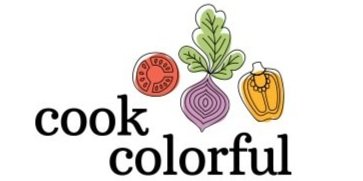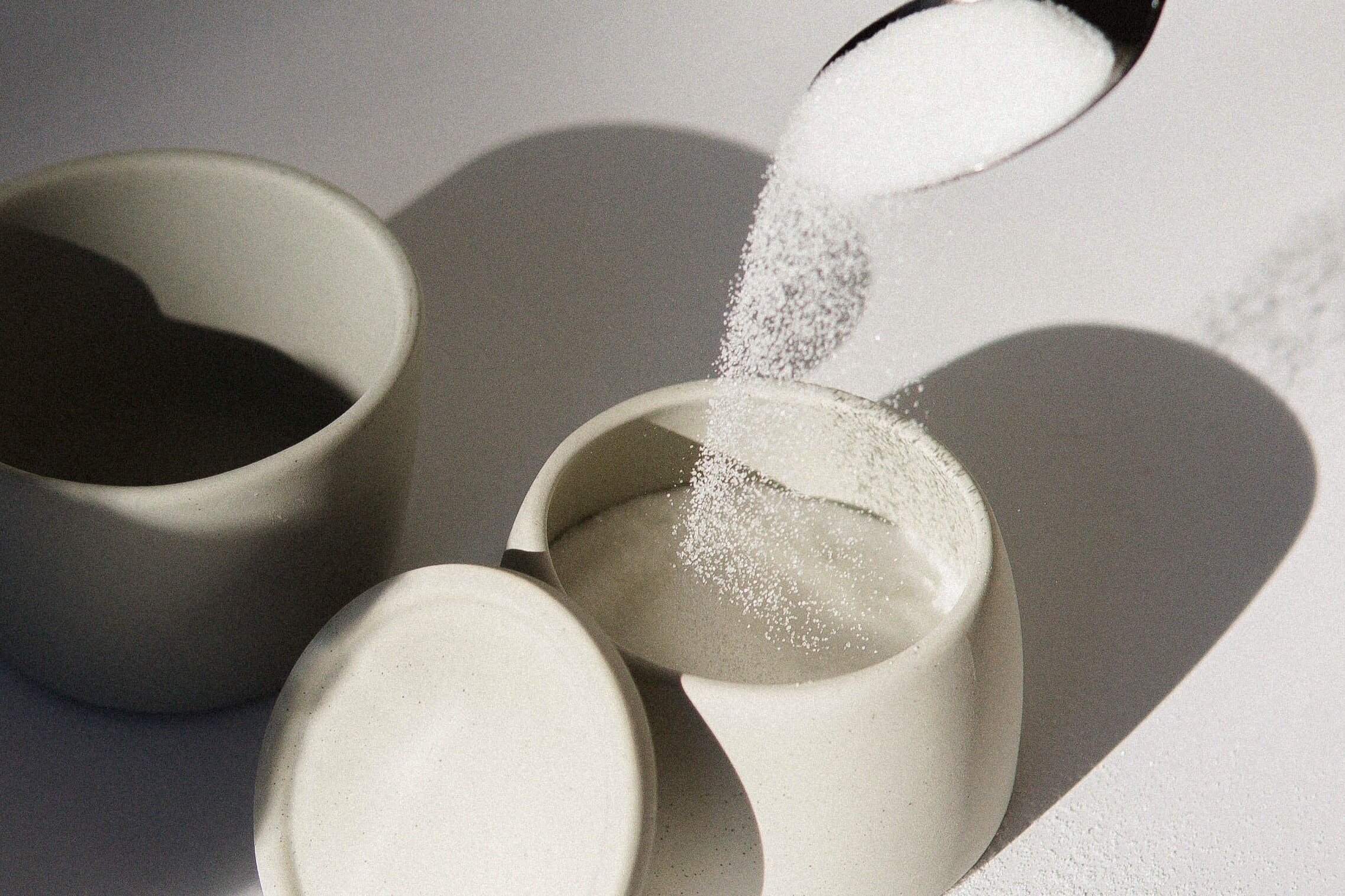Sugar: Friend or Foe
As I write this, I am monitoring my blood sugar using a CGM (continuous glucose monitor). I am not doing this because I have Diabetes or even pre-Diabetes, but rather to learn more about my body and how I metabolize certain foods. I know this might sound silly, but I am curious about how my body works and always looking for ways to lengthen my “health span”. In case you have never heard this term, it is different from your life span in that it is a measure of how much of your chronological life is spent in a healthy and vibrant state. Multiple studies have shown that the higher your average blood glucose, the higher your risk of most chronic diseases including heart disease, cancer and diabetes, or the shorter your health span. This is closely aligned to inflammation levels. It is unclear as of now if excess sugar in our bloodstream causes increased inflammation which leads to chronic disease, OR if they are simply correlated and we don’t yet understand the mechanism. Either way, neither is a path that I would choose to go down. So, I am trying this “experiment” to learn about what foods might get me “off track”.
What do I mean by blood sugar and why is it important? Your blood sugar is a measurement of the glucose in your blood. This is a primary source of energy for your cells. Different foods will provide different amounts of glucose. Our body’s natural response when we eat is to produce insulin, a hormone made in the pancreas, which allows our cells to absorb the energy from our food. Insulin helps balance our blood glucose levels. When there’s too much glucose in your bloodstream, insulin signals your body to store the excess in your liver. According to Dr. Mark Hyman, “When your diet is full of empty calories and an abundance of quickly absorbed sugars, liquid calories, and carbohydrates (like bread, pasta, rice, and potatoes), your cells slowly become resistant to the effects of insulin and need more and more to do the same job of keeping your blood sugar even. Thus, you develop insulin resistance.” Insulin resistance is when your cells no longer respond well to insulin and can’t easily absorb the glucose from your blood. This, if left unchecked by lifestyle factors like exercise, diet, decreased stress and increased sleep can lead to poor metabolic fitness, Diabetes, and the other chronic diseases we mentioned earlier.
One of the best things we can do to improve our metabolic fitness is to cut out foods with added sugar. This includes most, if not all highly processed foods which are engineered to create cravings for more through the use of addictive sugars. Thankfully, there are natural sweeteners today that we can use in combination with a whole foods diet that provide the pleasure of sweetness without the negative effects on our metabolism. Natural sweeteners don’t seem to stimulate the production of insulin in our bodies. Having said that, there is less research on many of the natural sweeteners, so I like to vary them so as to not use any one sweetener too much.
Here are the basic categories of sweeteners and some examples of each:
Sugar: sucrose (table sugar, which is fructose + glucose), brown sugar, cane sugar, coconut sugar (½ the glycemic load of sucrose)
Sugar alcohol: xylitol, erythritol
Artificial sweeteners: saccharin, aspartame, sucralose
Natural sugars: maple syrup, honey, agave syrup, date sugar
Natural sweeteners: allulose, monk fruit, stevia, lacuma
For more information on the different sweetener options and their effects on our blood glucose, you can watch my presentation from the Nourished Festival in 2020. In the Cook Colorful classes, you will see that we use a variety of natural sweeteners. We also use natural sugars and coconut sugar in limited amounts.
The biggest take away is that we can balance our blood sugar/metabolic health through a combination of a healthy diet, exercise, stress relief and good sleep!
Action Items for Great Health!
Fill your plate with colorful, nutrient dense whole foods
Limit or eliminate highly processed foods that hide unhealthy sugars and create cravings for more
Utilize a variety of natural sweeteners to provide the sweetness without the insulin resistance
Balance your blood sugar/metabolic health through healthy lifestyle choices including: a healthy diet, exercise, stress relief, and good sleep

